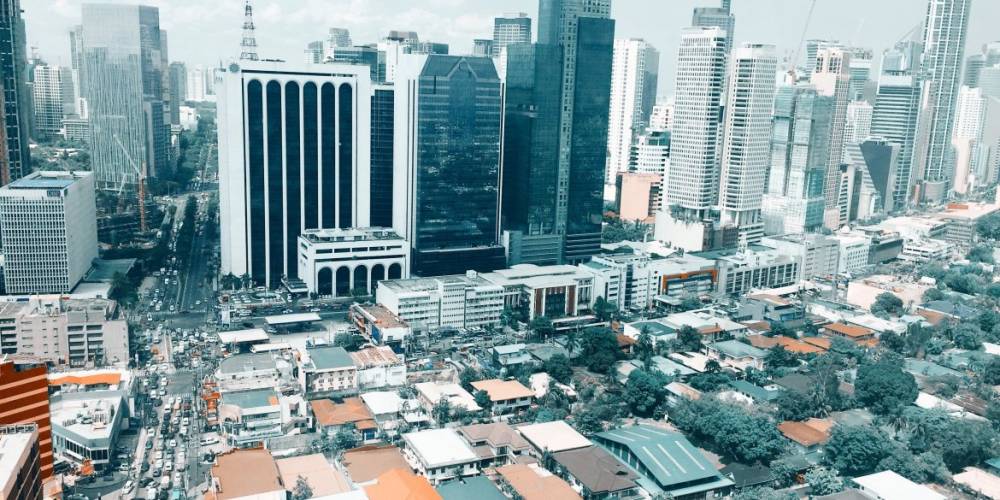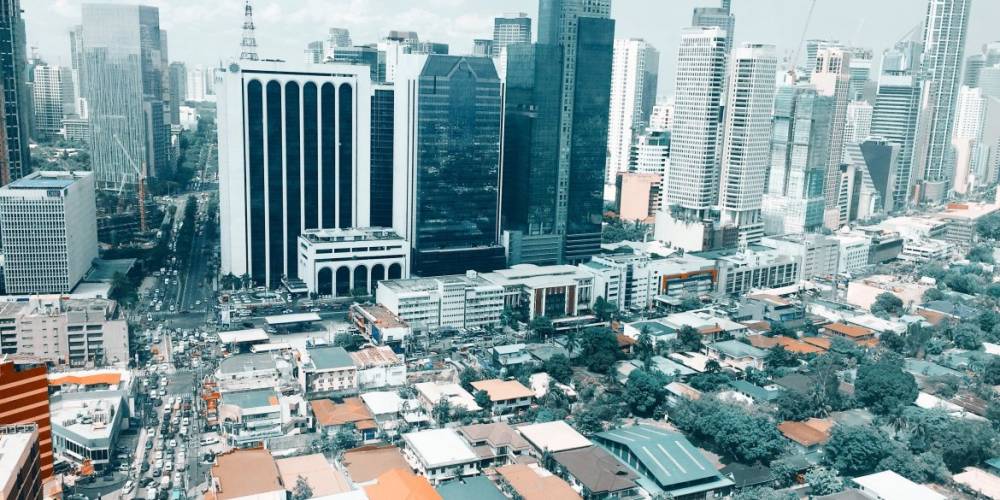5 Procurement Principles UN Staff Members Should Know
If anything, the importance of procurement and why it operates on defined rules was highlighted by the COVID-19 pandemic. Governments and organizations had to exponentially increase their efforts to provide infrastructure, goods, and services tailored to the urgency of the pandemic, meaning the train of works procurement and the process, in general, could not be stopped but rather accelerated. Governments worked their way around the circumstance by making swift legal amendments and policy changes that helped create an environment for procurement to thrive more than ever.
In moments like this, UN staff are reminded of the importance of procurement’s fundamental principles and how they are helping institutions navigate the pandemic.
1. Best value for money
While it is worthy to note that best value for money does not impose the notion of lowest cost, it does imply that as much as possible, the total cost of ownership and quality required to meet the user’s stipulations.
Strive to maximize competition;
- Plan for demand promptly and define an acquisition strategy based on an analysis of the demand and supply market;
- Ensure that all costs are considered within the total cost of ownership, including transportation costs, installation costs, operating costs, maintenance costs, disposal costs, etc.;
- Ensure that benefits are optimized, and financial and operational risks and any other adverse impacts are minimized;



